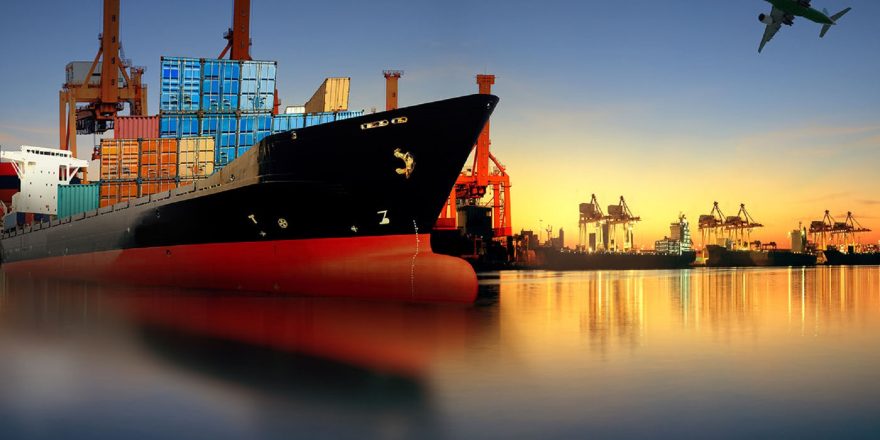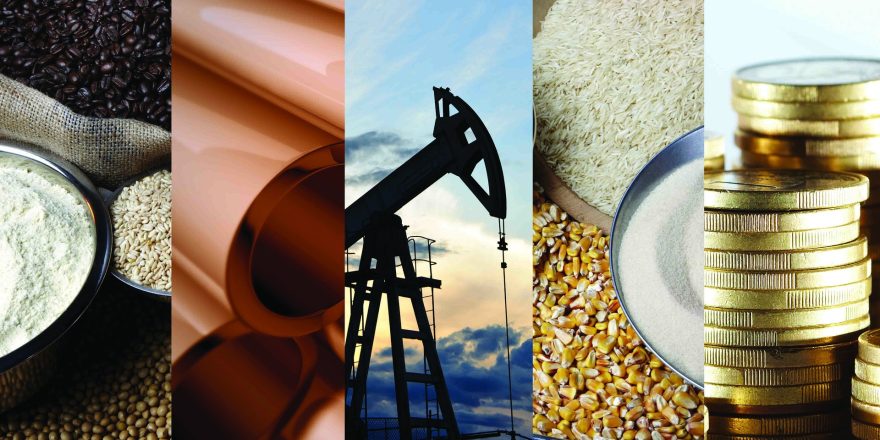The euro zone’s recovery from the pandemic is already showing signs of flagging even before it meets the economic storm clouds heading its way.
The danger of a recession loomed into view this week after Russia halted gas flows to Poland and Bulgaria, offering a foretaste of what the region might have in store. But even without the energy rationing such a move might provoke, the outlook looks ominous, underscored by weaker-than-expected growth reported Friday.
European factories are signaling distress amid record inflation and a stubborn supply squeeze, aggravated by strict lockdowns in China. Meanwhile any catch-up on leisure and travel by Covid-liberated consumers may fade, not least as price increases eat into incomes. The coronavirus itself could return with a vengeance.
European financial markets reflect the gloom, and economists at Morgan Stanley are among those seeing a “meaningful slowdown” in the second half. Corporate giants including Germany’s BASF SE are bracing for “serious disruptions,” and the OECD is warning that governments underestimate the impact of the war in Ukraine.
What that suggests is that a year that began with the region extending its growth beyond pre-Covid levels, and offered the prospect of further tailwinds from European Union fiscal aid, now risks becoming another sorry episode in the single currency’s history of frustrating setbacks to growth.
First-quarter gross domestic product data didn’t offer cause for hope. The euro area grew only 0.2%, less than economists anticipated, hurt by a contraction in Italy, stagnation in France and weaker-than-expected growth in Spain.
Indicators since then aren’t much better. Factory output and new orders are close to grinding to a halt, and business confidence across major economies has declined since the start of the year. That’s left services to shoulder the burden, undermined by waning consumer confidence.
“Manufacturing will be very weak in the coming months and quite likely contract in the second quarter,” said Veronika Roharova, an economist at Credit Suisse International, who predicts euro-area growth of 2.8% this year. Still, “services are strong and household savings high, the labor market continues to look healthy and fiscal support is ensuring we won’t see a spending slump.”
Lane of the ECB, interviewed after the growth data, observed that it was “not very high admittedly, but still positive.”
ECB officials acknowledged this month that growth risks have increased “substantially,” but they remain optimistic they can deliver an accelerated exit from crisis-era stimulus to combat inflation at a record 7.5% in data on Friday.
Some policy makers are touting the first interest-rate increase since 2011 as soon as July, and even Russia’s complete halt of gas deliveries to Poland and Bulgaria and the prospect that euro-zone countries could also be shut off next doesn’t seems to deter them.
The effect in Germany, the region’s biggest economy, might be more significant. First-quarter growth of 0.2% matched expectations, but the Bundesbank sees a risk of it shrinking nearly 2% this year if the war escalates and an embargo on Russian coal, oil and gas leads to restrictions on industry.
The ECB also highlighted this month that fiscal measures to help households cope with surging inflation are helping. The prospect of such policies being extended, particularly in the event of a Russian energy shut-off, could provide a cushion for the economy, though at a cost to public finances.






